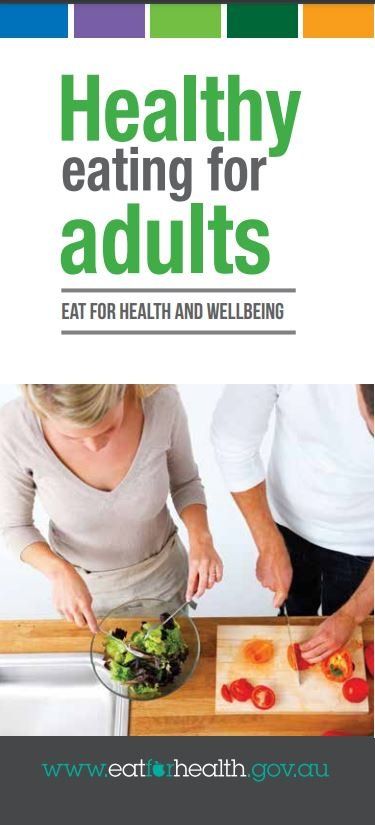Who should I trust with my back pain? Do I need an xray for my back?
Who should I trust with my back pain? Do I need an xray for my back?

Most people with back pain want to know why. Why they have back pain, what is causing and what they can do to get better. There are many sources of information which could tell you why you have back pain; your GP, your Osteopath, images such as x rays or MRIs, Dr Google, your friend’s mum, even an ad on TV. With so many sources of information often people are left asking who should you trust?
Dr Google
Dr Google (looking up conditions or symptoms on google and google provides information on what your diagnosis is) is probably not going to be that helpful. Often it leads to indicating a serious diagnosis such as cancer when it could simply be a muscle sprain. Google can be useful in finding out more information about conditions but it is important to be directed to accurate and correct information with the support of a health professional to answer any questions.
Your friend’s mum
Mums know a lot, and it is with the best intentions but where do they get their information from? Is it from a friend of a friend? From their own experience? From Dr Google itself? Mums can provide valuable information but it needs to be filtered through someone with more experience to ensure you are getting the right information.
Ads on TV
There is a popular pain medication brand which advertises people with low back pain that are unable to do the activities they want to. Then they have the medication and they are picking up their kids and swinging them around in the air all thanks to the medication. Yes sometimes medications are needed but there are also many other methods of self management.
Xrays and other imaging
X-rays and other forms of imaging can be very helpful in providing information about your body but just like with everything these imaging techniques have their pros and cons. A pro is that they can be used as a tool to provide further information to add to the general picture of what is occurring but a large con is that the results of an x-ray need to be interpreted in context with multiple other factors and if not then can impact on recovery.
If you X-ray a group of people all with similar characteristics such as age and lifestyle, some may have findings such as bone degeneration, of this group some will have pain and some won't. Another group of people will have an X-ray with no significant findings and some of them will have pain and some will not. So what does this mean?
A finding on an X-ray or other imaging report does not always mean that it is the cause of your pain. This is why it is used as extra information to take into account alongside the history of the complaint, with the signs and symptoms you are experiencing. A healthcare professional can take all these things into consideration, with their knowledge of the body and conditions to help form a diagnosis and management plan.
Your GP, Allied health Practitioner, Osteopath
Going to a health practitioner is the top recommendation, they have further knowledge and experience in the area of back pain. Health Practitioners such as Osteopaths will look at your history, assess your body and it’s movements, perform specific tests to aid in forming a diagnosis. Osteopaths learn skills through their many years of study which allow them to better assess your body and then assist your understanding through education and answering your questions from their extensive base of knowledge.
Osteopaths have learnt to use palpation to help aid our ability to diagnose and treat - we are a hands on modality, feeling muscles and joints to understand what your body is doing and give us further information to you and your health journey. A health practitioner may use tools including imaging (eg Xrays, MRIs, ultrasounds) to aid in providing more information for the diagnosis but it is not mandatory for understanding the most likely cause of your back pain.
So do you need to get a xray for back - not always, it would be recommended to see a health professional first who will use their skills to assess and see if any imaging is needed. But remember when you read a report, do not get alarmed with some of the terminology used, some of it can just be stating that things are normal, some may state that there are findings but you need to understand these findings and how they are relevant to you.







